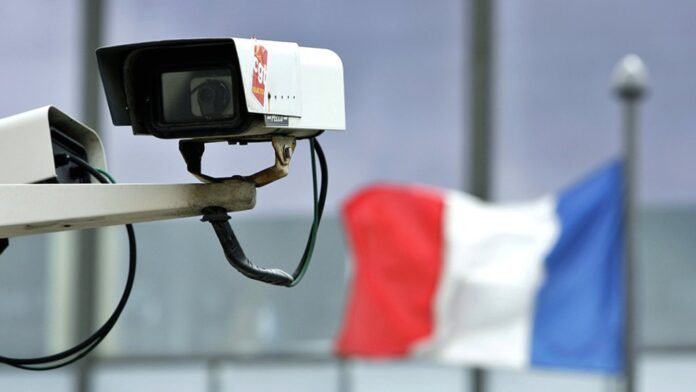
Paris, April 22, 2024 – With the Paris 2024 Olympic and Paralympic Games looming on the horizon, France is intensifying its security measures to counter potential threats to the global sporting event.
Prime Minister Gabriel Attal has authorized a 20% increase in surveillance resources for French intelligence services, aiming to bolster information-gathering capabilities during the duration of the Olympics.
Speaking to Le Monde on condition of anonymity, sources familiar with the matter revealed that the Prime Minister’s office is finalizing a classified decree to empower intelligence agencies with enhanced capabilities, including wiretapping, geolocation, computer data analysis, and image and sound capture.
However, the move has not been without its share of scrutiny. While acknowledging the need for heightened vigilance during such a high-profile event, supervisory bodies have raised concerns about potential abuses of surveillance powers.
The delicate balance between security imperatives and civil liberties has prompted discussions on the necessity of safeguards against unchecked surveillance.
A compromise was reached in a series of meetings held on January 29 and February 5 involving key stakeholders such as Prefect Pascal Mailhos, the national coordinator for intelligence and counterterrorism, and representatives from oversight bodies.
Serge Lasvignes, president of the National Oversight Commission for Intelligence-Gathering Techniques, emphasized the importance of maintaining oversight while addressing the security challenges posed by the Olympics.
Participants at these meetings, which included officials from various intelligence services and oversight bodies, deliberated on the diverse array of threats facing the event.
The intelligence services highlighted the complexity of the security landscape and the resources required to ensure the safety of participants and spectators alike.
To address concerns about the potential burden on oversight mechanisms, the Commission pledged to bolster its staff during the Games.
Additionally, measures were discussed to streamline authorization processes for surveillance activities while ensuring accountability and transparency.
Central to the discussions was the role of the Inter-ministerial Control Group (GIC), responsible for evaluating and approving interception requests from law enforcement and intelligence agencies.
The GIC operates within a framework set by legislators, with quotas placed on the number of wiretapping requests to prevent excessive surveillance.
For the upcoming Olympics, the Prime Minister is expected to set the quota for interception requests in consultation with the Committee of Oversight of Intelligence Techniques.
In 2022, the quota stood at 3,800 out of 12,798 applications, with a potential increase to 4,560 during the Games.
As preparations for the Paris 2024 Olympics gather momentum, France remains committed to ensuring the security and integrity of the event.
While acknowledging the necessity of robust surveillance measures, authorities are keenly aware of the imperative to uphold civil liberties and safeguard against abuses of power.
The delicate balance between security and privacy will continue to be a focal point as the nation braces itself for the world’s largest sporting spectacle.
This article was created using automation and was thoroughly edited and fact-checked by one of our editorial staff members